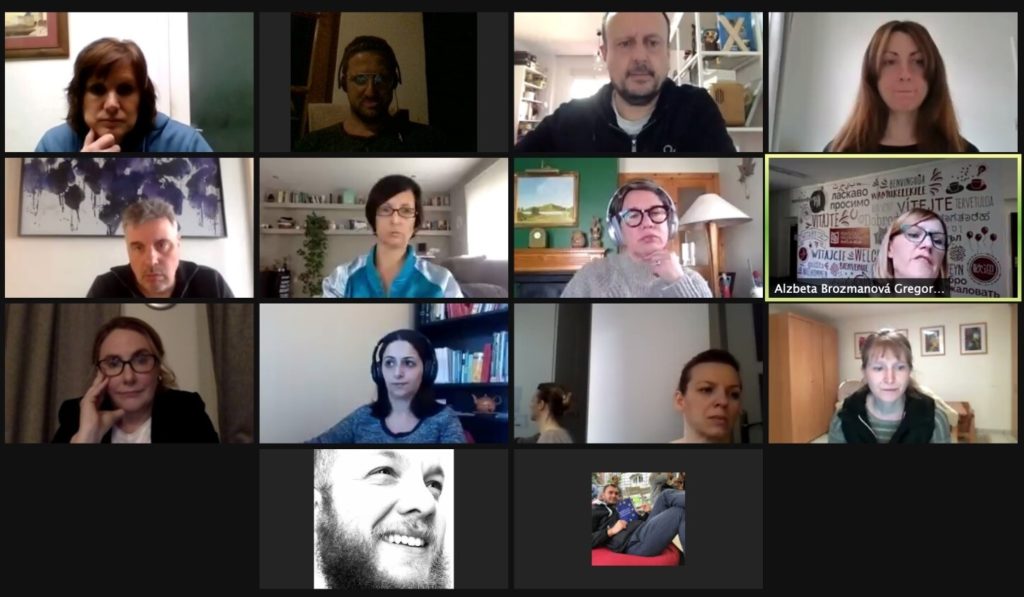Service-learning is a pedagogical strategy based on including community engagement in students’ curricula. It is normally associated with higher education, where it provides academic credit for education occurring in a traditionally non-formal setting. That way, students contribute to society while they develop academically, civically, and personally, managing to reflect on their experiences systematically and critically. The three fundamental components of this reciprocal exchange of knowledge are “serving”, “reflecting”, and “learning”.
The underlying idea, and main achievement, of Service-learning is that students become “whole humans” with social and personal competencies on top of solid academic skills, also encouraging them to become responsible and observer citizens.
This technique has a positive impact on society, first, since students, professors, and members of the community come together and become instructional resources, problem solvers, and partners. Second, because it is a hands-on experience that aims to fill the gaps from underserved areas and organizations, by providing more complete human assets. Third, when the youth engage in community activities, their responsibility and awareness of social problems increase, encouraging them to take action.
Despite the benefits both for society and students as individuals, there is a lack of transposition of these good practices to middle and secondary schools. Some academia indeed approached the impact of Service-learning on high schools in the early 2000s, but it does not seem to be the current trend lately. Instead, it is focused on higher education; for example, the European Observatory of Service-Learning in Higher Education represents a space for cooperation and exchange this methodology
Nonetheless, the unexplored relation between secondary school and Service-learning motivates the development of our SLUSIK project. We believe that encouraging younger people in secondary school will enable them to become more critical citizens and grow up with a more complete perspective of the world.
This project aims to boost the use of Service-learning across Europe; to achieve this, the effectiveness for secondary schools has to be studied. Taking into account that not all children perform volunteering activities or contribute within their communities, this initiative will foster inclusion, since children regardless of their background will engage in non-formal activities. This will also help to build bridges between the youth, since Higher Education students will act as role models for those in secondary schools, accompanying them in this new way of learning. Consequently, the use of this methodology in Higher Education will be reinforced. At the same time, it will be upscaled to lower levels of education.
The project will adapt the five best practices already implemented in its partners’ higher education universities, to increase social and civic competencies to achieve social inclusion and higher levels of citizen engagement.
The partners are the European Volunteer Centre (CEV), Faculty of Humanities and Social Sciences (University of Rijeka), University of Limerick, University of Granada, The University College of Teacher Education in Vienna, Matej Bel University, and OUT of the Box International. This 24-month project started in December 2020 and will finish in November 2022.


